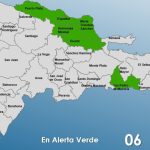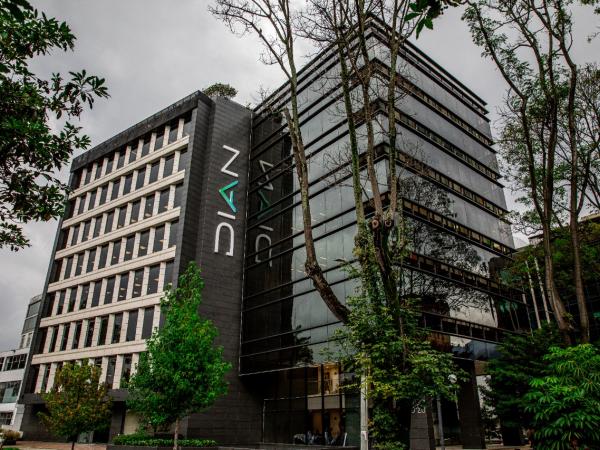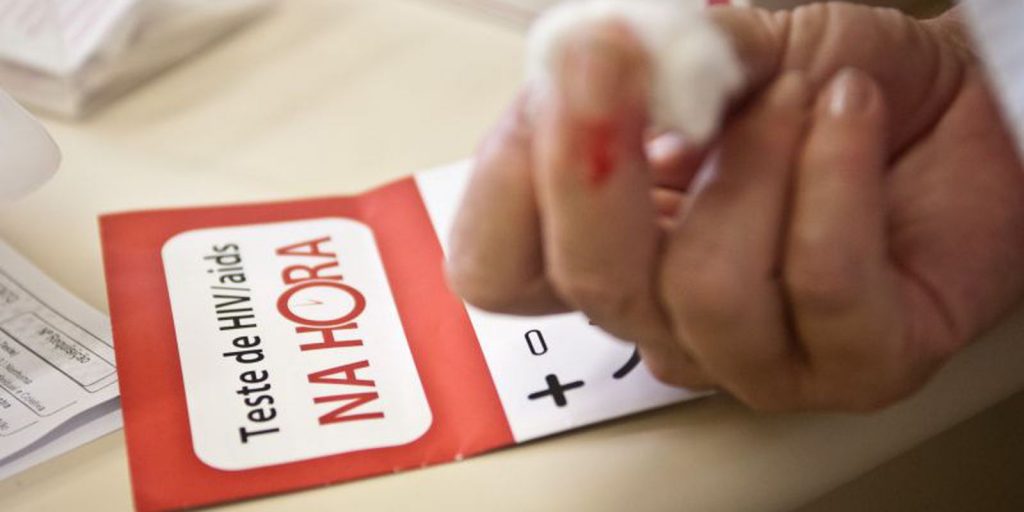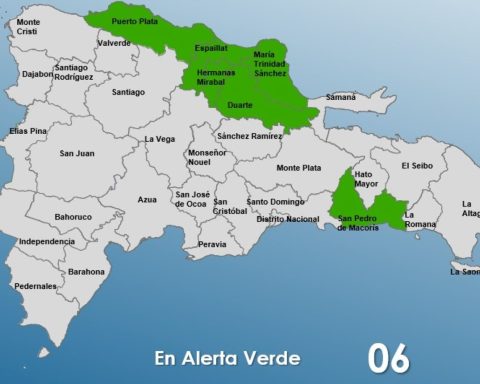
Latin America and the Caribbean is facing a crisis in education and, advancing in the achievement of fundamental learning, remains a pending task in order to make the right to quality education effective.
This is revealed by the results of the Regional Comparative and Explanatory Study (ERCE 2019), released by the Regional Office of Education for Latin America and the Caribbean (OREALC / UNESCO Santiago), with the participation of the representatives of the 16 countries that formed part of this research: Argentina, Brazil, Colombia, Cuba, Costa Rica, Ecuador, El Salvador, Guatemala, Honduras, Mexico, Nicaragua, Panama, Paraguay, Peru, Dominican Republic and Uruguay.
The data indicate the urgency of mobilizing efforts to improve the learning levels of third and sixth grade students in Latin America and the Caribbean, because a high proportion of children in the region are lagging behind. In Reading in 3rd grade, on average, 44.3% of students are at the lowest level of achievement and, in Mathematics, 47.7%. In sixth grade, meanwhile, 23.3% did not reach the expected level in Reading and 37.7% in Mathematics.
Students who are at the lowest level of achievement in Reading, in third grade, cannot locate information in the text unless it appears very prominent. Nor can they make inferences that require understanding it globally, even when there is reiterated or prominent information that allows it to do so. In sixth grade, meanwhile, they are not able to infer information from the text, when to do so they must globally understand or connect secondary or specific ideas that are presented in the different parts of a writing.
In mathematics, in third grade, students who are at the lowest level of achievement are not managing to write whole numbers to 9,999 or to decompose them additively; while in sixth grade, they are unable to solve problems that require interpreting information or that involve two or more operations including multiplication or division.
The data from this UNESCO study indicate that low levels of achievement persist in the region and that, on average, there has been no significant progress since the last evaluation, in 2013. The countries that show a statistically significant rise in scores, in all the areas evaluated and for both degrees are Peru, Brazil and the Dominican Republic. Of these, Peru and Brazil presented the most marked advances.
“The ERCE 2019 data indicate that, just before the pandemic, the region was, on average, practically stagnant at low levels of achievement in those competencies that constitute the foundation for continuing to learn. This speaks of an entire generation at risk of not being able to fulfill their full potential. That is why educational measures and reforms to improve learning from the earliest years of schooling cannot wait and must be prioritized ”, explained Claudia Uribe, director of OREALC / UNESCO Santiago.
He added: “This becomes more urgent in a context of a pandemic, in which millions of children and young people have not been able to attend school for months, which we know is generating greater setbacks in learning and deepening the gaps for the most disadvantaged groups ”.
From the LLECE they stressed that it is urgent to mobilize and prioritize support for students who have lags in their learning. In 3rd grade Reading, 4 out of 10 students are at the lowest level of achievement, which is a warning as this area is a predictor of future school performance.
The coordinator of the LLECE Laboratory, Carlos Henríquez indicated that “the situation of learning in Mathematics is also critical, at both levels evaluated, because more than 50% of the students are in the lowest achievement levels (levels I and II)” .
The study also revealed that, in the case of Science, in sixth grade, approximately 1 in 3 students is at the lowest achievement level.
Regarding gender differences, there are still five countries where gaps persist in favor of men in Mathematics and it is a trend in the region that women obtain better results in Reading. It is also observed that, in Sciences, in 7 of the 16 participating countries gender gaps were detected in favor of girls.

















